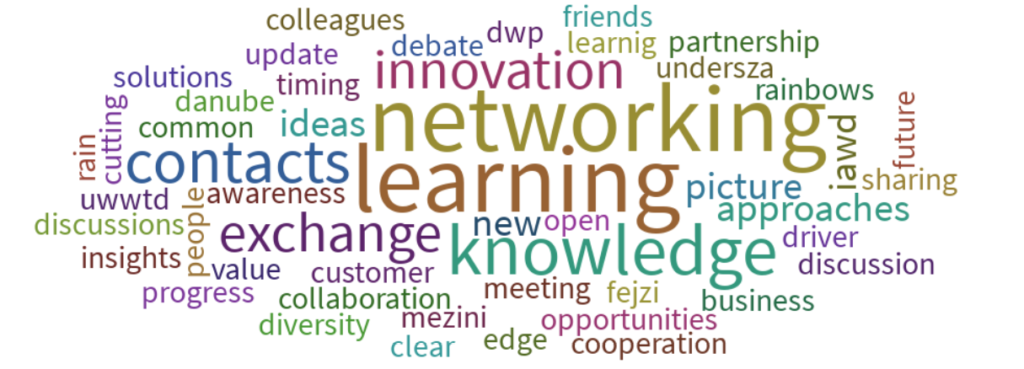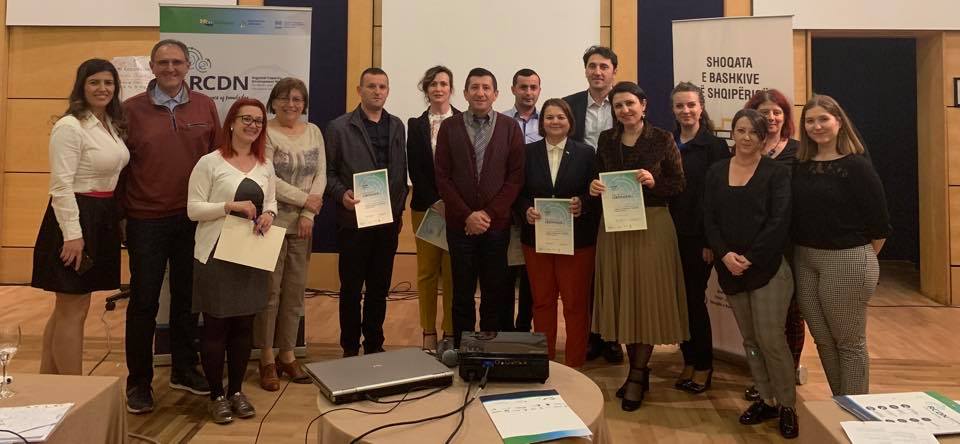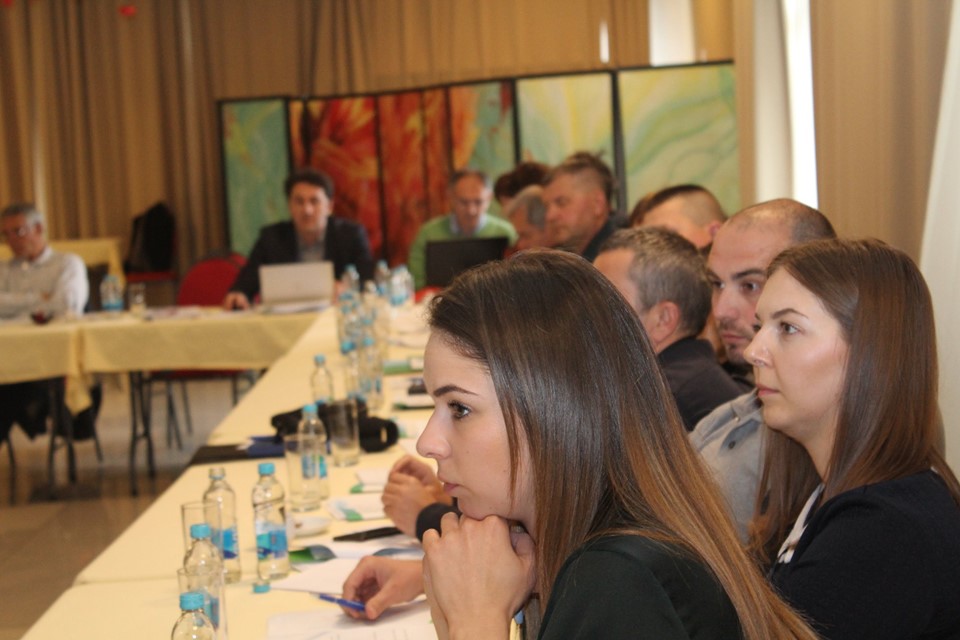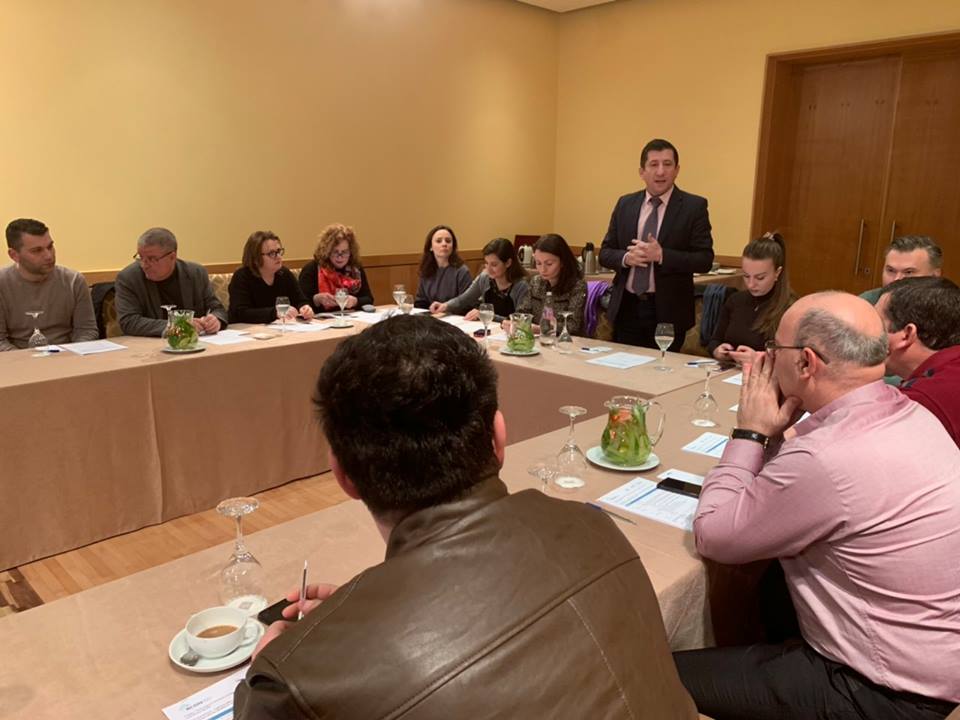In its seventh year, the Danube Water Conference traditionally happening in May each year in Vienna, has again proved to be THE gathering of the Danube region’s water family.
This year’s conference on “Achieving resilience in water and wastewater utilities in the Danube region” brought together 200+ people coming from 25+ countries representing all stakeholders of the water sector to discuss the way forward towards smart policies, strong utilities and sustainable services.
In her keynote speech Monika Weber-Fahr, CEO of the Global Water Partnership, pointed out that resilience is the ability to “bounce back” after a shock or negative development and talked among others about the importance of resilient leadership to build a resilient water sector.

Consequently, the investment in human capital was one of the guiding principles during the two days event. The State of the Sector update report identified the capacity of people as one of the remaining key challenges in the region and referred to the Danube Learning Partnership (D-LeaP) as one of the possible options to improve the situation.
In the session on “Managing talents for resilient services”, Jasmine Boehm highlighted that the entire pool of talents needs to be sourced to ensure a diverse workforce and finally resilient water and wastewater services. Further on, the audience identified an inspiring leadership as the key element to attract talent into utilities and appreciated IAWD’s concept of a Utility Management Training, which is currently under development.
On the second Day, Michel Sponar, Deputy Head of DG ENV C2 in the European Commission presented his talk on the \”Evaluation and recast of EU water policies – status, challenges and lessons learned”. Although there are still some barriers preventing the full implementation of water policies, such as lack of political will or too optimistic deadlines due to lack of serious planning, the success is obvious due to a simple, clear and focused legislation as well as the EU carrot and stick approach (EU funds vs. infringement).
Other topics discussed in the tow days include cooperation as a tool to achieve resilient services, financing for resilient water infrastructure projects as well as the upcoming component on water security, which is to be developed by the World Bank under the third phase of the Danube Water Program.
In the interactive closing of the conference the audience identified “Investment in people” followed by “Financing instruments should listen to bottom-up needs” and finally “Communication and collaboration between all stakeholders are essential to meet SDG targets” as the take home messages from this year’s conference.




